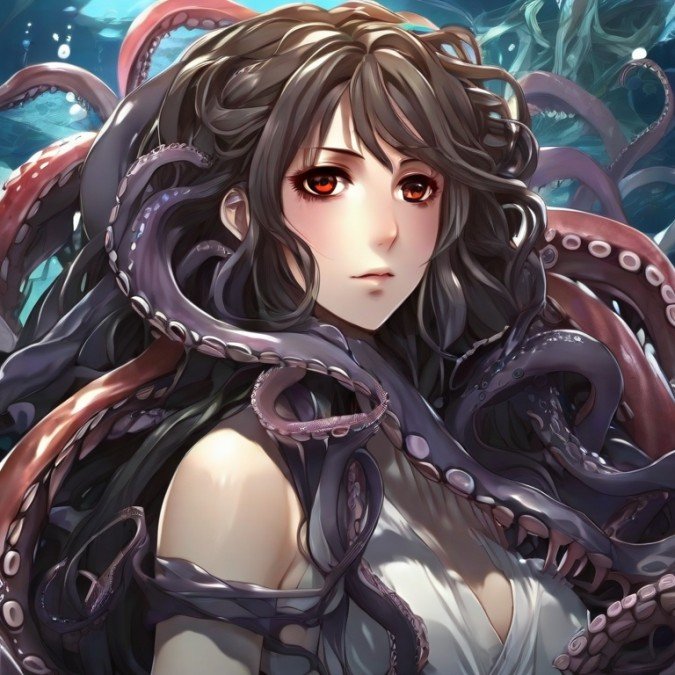Introduction
Hentai is a style of Japanese anime and manga that is characterized by explicit sexual content. Hentai is popular in Japan, and it has also gained a following around the world, especially in the anime and manga fandom. While some people find hentai to be a harmless form of entertainment, others view it as objectionable and potentially harmful. In this blog article, we will explore what hentai is, its history, the controversy surrounding it, and the impact it has on society.
What is Hentai?
Hentai is a Japanese term that means “pervert” or “abnormal.” It refers to a genre of anime and manga that features explicit sexual content. Hentai often includes depictions of sexual acts that are considered taboo or unusual, such as bondage, rape, incest, and bestiality. Hentai is known for its exaggerated sexual features, including oversized genitalia and breasts, and for its graphic depictions of sexual acts. While some hentai is purely pornographic in nature, other works may include storylines and character development, and explore themes beyond sexuality.
History of Hentai
Hentai has its roots in the Japanese art form of ukiyo-e, which is a style of woodblock printing that was popular in the Edo period (1603-1868). Ukiyo-e prints often featured erotic and pornographic content, and some of the earliest examples of hentai can be traced back to this period. However, it was not until the 1960s and 1970s that hentai as we know it today began to emerge. The rise of underground manga and anime culture in Japan led to the development of hentai as a distinct genre.
Controversy Surrounding Hentai
Hentai is a controversial topic, and opinions about it are divided. Some people view hentai as a harmless form of entertainment, while others see it as objectionable and potentially harmful. Critics of hentai argue that it can contribute to the objectification of women and perpetuate harmful stereotypes. They also argue that the extreme nature of some hentai, which includes depictions of rape and incest, can be harmful to viewers, particularly those who have experienced sexual violence.
On the other hand, defenders of hentai argue that it is a form of art and that it provides a safe outlet for people to explore their sexuality. They also argue that hentai is not meant to be taken literally and that it is a fantasy genre that should not be judged by the same standards as real-world pornography. They contend that censorship of hentai is a violation of freedom of expression and that individuals should have the right to consume whatever media they choose.
Impact of Hentai on Society
The impact of hentai on society is a complex issue. On one hand, hentai is a niche genre that is consumed primarily by a small subset of the population. However, it is also a part of the broader culture of anime and manga, which has gained mainstream popularity around the world. As such, it can be argued that hentai has helped to shape popular culture, particularly in the realm of sexuality.
At the same time, the extreme nature of some hentai has led to concerns about its impact on individuals who consume it. Critics argue that hentai can contribute to harmful attitudes toward women and perpetuate harmful stereotypes. They also argue that it can desensitize viewers to the real-world consequences of sexual violence.
Conclusion
In conclusion, hentai is a genre of Japanese anime and manga that features explicit sexual content. While some people view it as harmless entertainment, others see it as objectionable and potentially harmful. The controversy surrounding hentai is complex, and opinions about it are divided.





